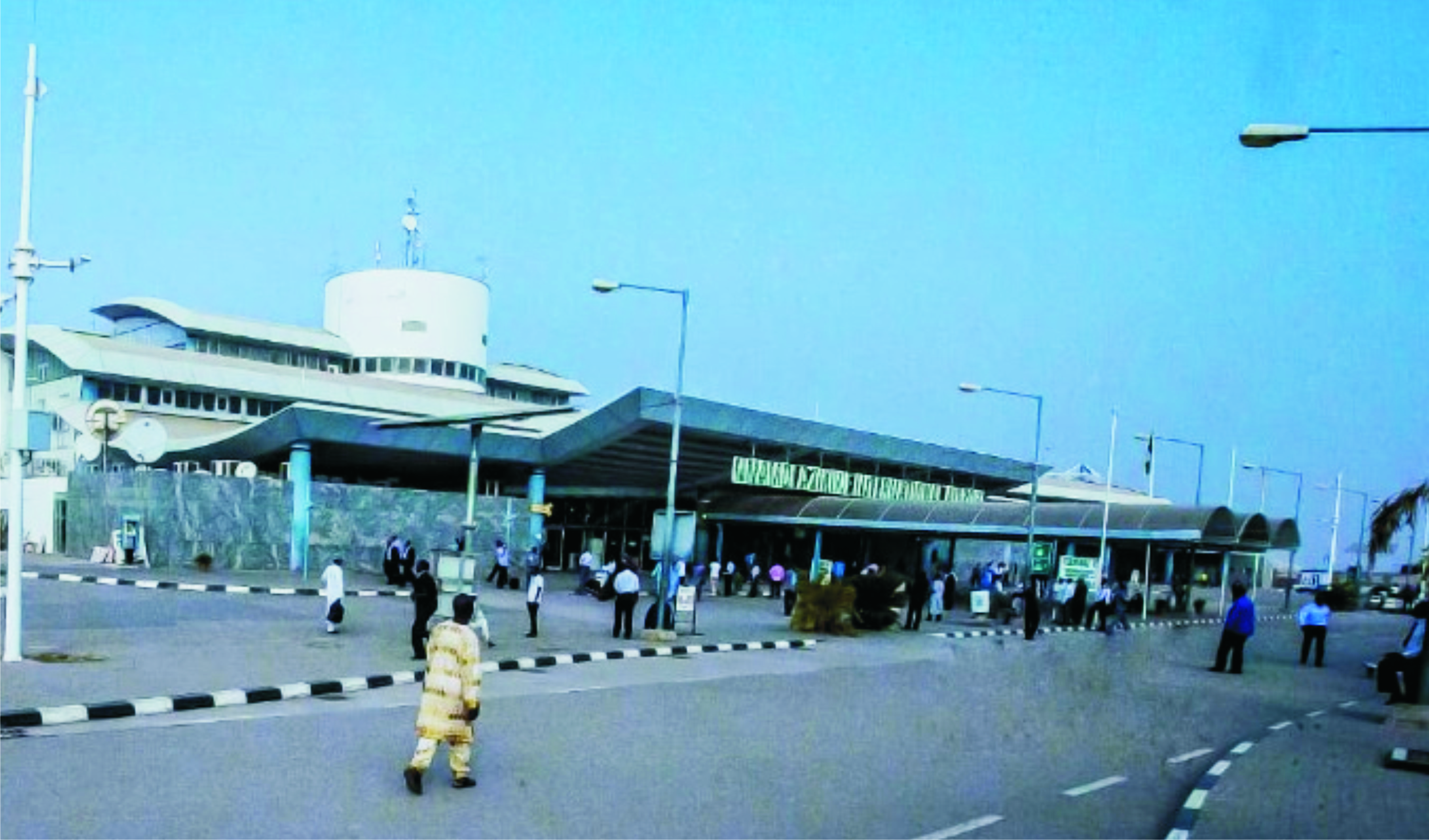Business
Travel Agents Protest Restriction Order On PH Airport Terminal Building

Some travel agents that do business at the Port Harcourt International Airport, Omagwa, have appealed to the management of the airport to allow them have access to the terminal building to enable them take care of their clients’ travelling needs.
They complained that the airport authorities were preventing them from carrying out their legitimate business, even after the renewal of their On-Duty-Card (ODC) which they renew annually.
Speaking to The Tide on the matter, one of the travel agents, Mr Kingsley Ogbonna, said he did not understand the reason why the airport authorities were restricting travel agents from doing their business at the terminal building.
“I have been in this business for over 30 years in this airport and I have never seen this type of a thing that will restrict agents from accessing the terminal after paying heavily for ODC. What is the use of the ODC annual renewal?
“As we speak now, I can no longer meet my children’s needs, even feeding now is a problem because there is no work, and the Bible has said it that he who cannot provide for his household is worse than an infidel and I do not want to be that”, he said.
Another travel agent, Mr Onyebuchi Oguguo, lamented the turnout of events at the airport in the name of COVID-19, pointing out that this does not happen in other airports in the country.
“We are almost stranded in our business in our own state, whereas, other airports are not restricting agents. The management should understand that they are denying us our meal ticket, and should please know how to handle this matter”, Oguguo said.
When The Tide contacted the Head, Corporate Affairs of the Port Harcourt Airport, Mr Kunle Akinbode, for comments, he said that the restriction order was not from the Port Harcourt Airport management, but from the Ministry of Aviation.
According to him, the Port Harcourt Airport management was only enforcing the COVID-19 order handed down to it by the Minister of Aviation, Sen. Hadi Sirika.
By: Corlins Walter
Business
Ban On Satchet Alcoholic Drinks: FG To Loss N2trillion, says FOBTOB

Business
Estate Developer Harps On Real Estate investment

Business
FG Reaffirms Nigeria-First Policy To Boost Local Industry, Expand Non-oil Exports

-

 Niger Delta4 days ago
Niger Delta4 days agoBayelsa’s Aircraft Makes Inaugural Flight…As Lawmakers, Oil Minister, NDDC’S MD Hail Diri
-

 Nation21 hours ago
Nation21 hours agoOgoni Power Project: HYPREP Moves To Boost Capacity Of Personnel
-
Nation21 hours ago
Hausa Community Lauds Council Boss Over Free Medical Outreach
-
Nation21 hours ago
Association Hails Rivers LG Chairmen, Urges Expansion Of Dev Projects
-

 Featured10 hours ago
Featured10 hours agoOil & Gas: Rivers Remains The Best Investment Destination – Fubara
-
Nation21 hours ago
Film Festival: Don, Others Urge Govt To Partner RIFF
-
Rivers21 hours ago
UNIPORT Moves To Tackle Insecurity … Inducts Security Experts
-

 News21 hours ago
News21 hours agoHYPREP Tightens Security At Project Sites

